Search
Remove Ads
Advertisement
Summary 
Loading AI-generated summary based on World History Encyclopedia articles ...
Search Results
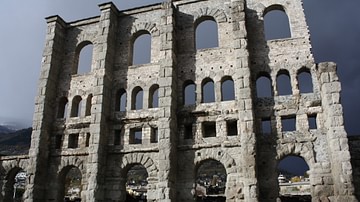
Definition
Vitruvius
Marcus Vitruvius Pollio (c. 90 - c. 20 BCE), better known simply as Vitruvius, was a Roman military engineer and architect who wrote De Architectura (On Architecture), a treatise which combines the history of ancient architecture and engineering...
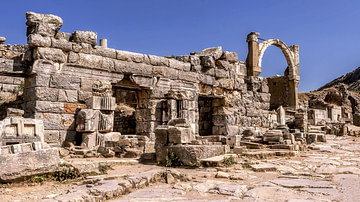
Image
The Fountain of Pollio, Ephesus
The Fountain of Pollio at Ephesus was built in 97 CE by C. S. Pollio, in memory of Sextillius Pollio, the builder of the famous aqueduct which carried water to all the fountains in the city. In the years following the initial construction...

Article
Marcus Aurelius: Philosopher Emperor or Philosopher-King?
Co-authored by Steven Umbrello and Tina Forsee It is very common to hear in both academic circles, as well as more close-knit Stoic circles, Marcus Aurelius (121 – 180 CE) being referred to as the philosopher king. This is not an idea...
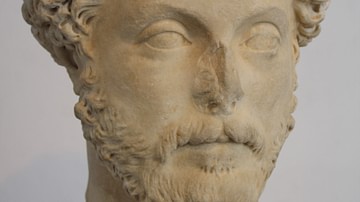
Definition
Marcus Aurelius
Marcus Aurelius (r. 161 to 180 CE) was a Roman emperor best known as the last of the Five Good Emperors of Rome (following Nerva, Trajan, Hadrian, and Antoninus Pius) and as the author of the philosophical work Meditations. Although it has...

Definition
Marcus Junius Brutus
Marcus Junius Brutus (85-42 BCE) was a Roman politician and a leading figure in the assassination of Julius Caesar in 44 BCE. Although he was granted amnesty after the Ides of March, a new civil war soon broke out. Brutus committed suicide...
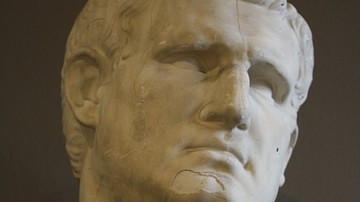
Definition
Marcus Agrippa
Marcus Vipsanius Agrippa (l. 64/62 – 12 BCE) was Augustus' (r. 27 BCE - 14 CE) most trusted and unshakably loyal general and his right-hand man in the administration of the city of Rome. Although his name is forever connected with the first...

Definition
Marcus Licinius Crassus - The Richest Ever Roman
Marcus Licinius Crassus (115-53 BCE) was perhaps the richest man in Roman history and in his eventful life he experienced both great successes and severe disappointments. His vast wealth and sharp political skills brought him two consulships...
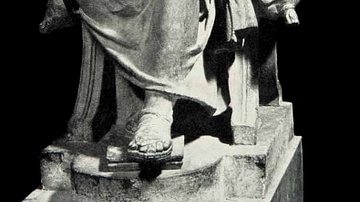
Definition
Marcus Claudius Marcellus
Marcus Claudius Marcellus (c. 270-208 BCE) was a five-time consul and, earning the nickname the 'Sword of Rome', he was one of the city's greatest military commanders. Active in both the First and Second Punic Wars, he also won honours for...

Article
Marcus Aurelius: Plato's Philosopher King
Plato's concept of the Philosopher-King (one who governs according to philosophical precepts and higher truths) is thought to be best exemplified through the Roman emperor Marcus Aurelius Antoninus (r. 161-180 CE), the last of the Five Good...
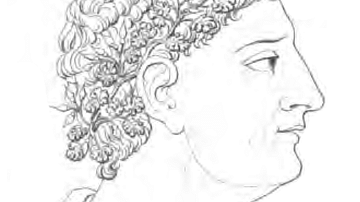
Definition
Marcus Gavius Apicius
Marcus Gavius Apicius, a wealthy and educated member of the Roman elite who lived during the reign of Emperor Tiberius (14-37 CE), is famous for his love of food and a cookbook titled De Re Coquinaria (The Art of Cooking). He was a model...